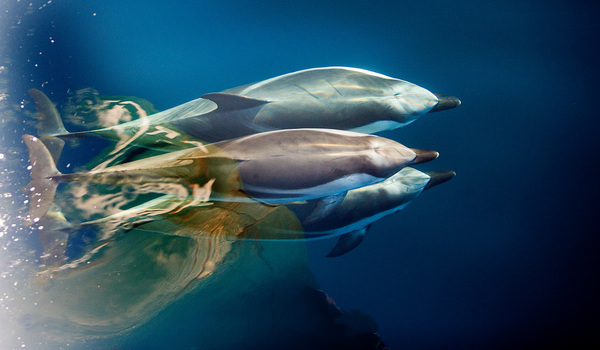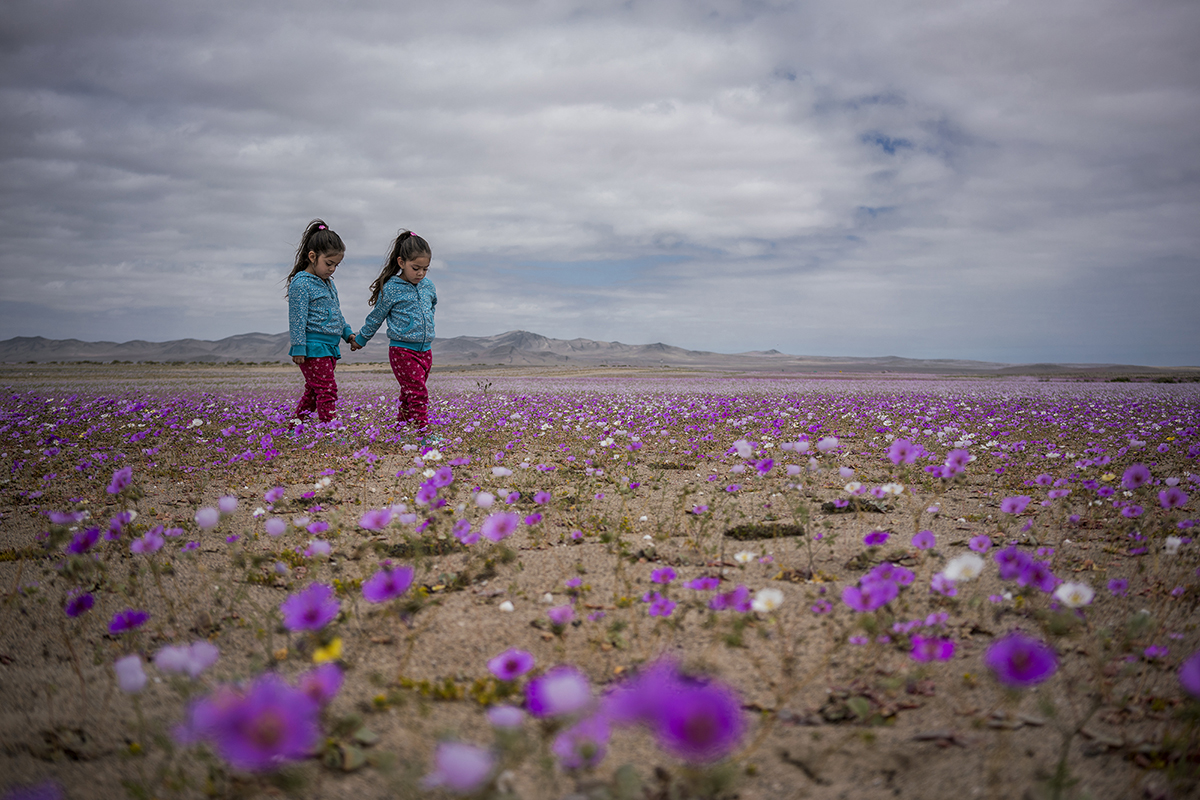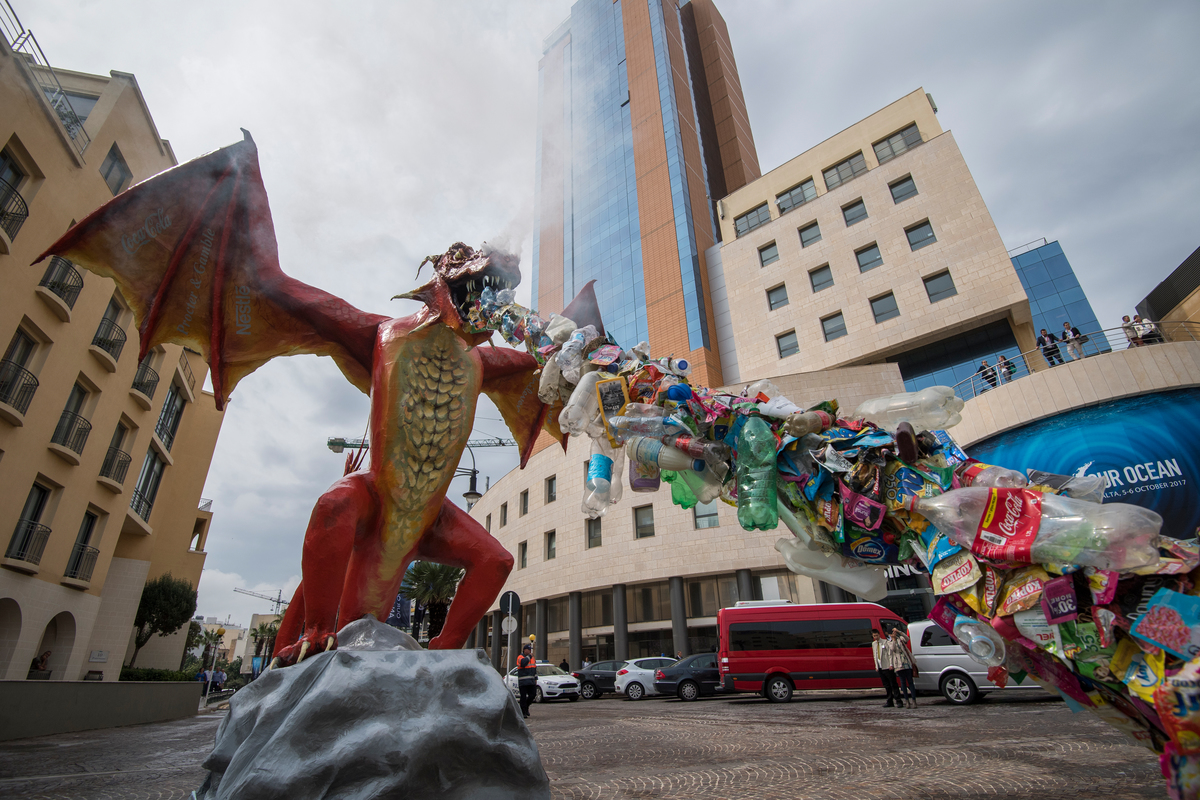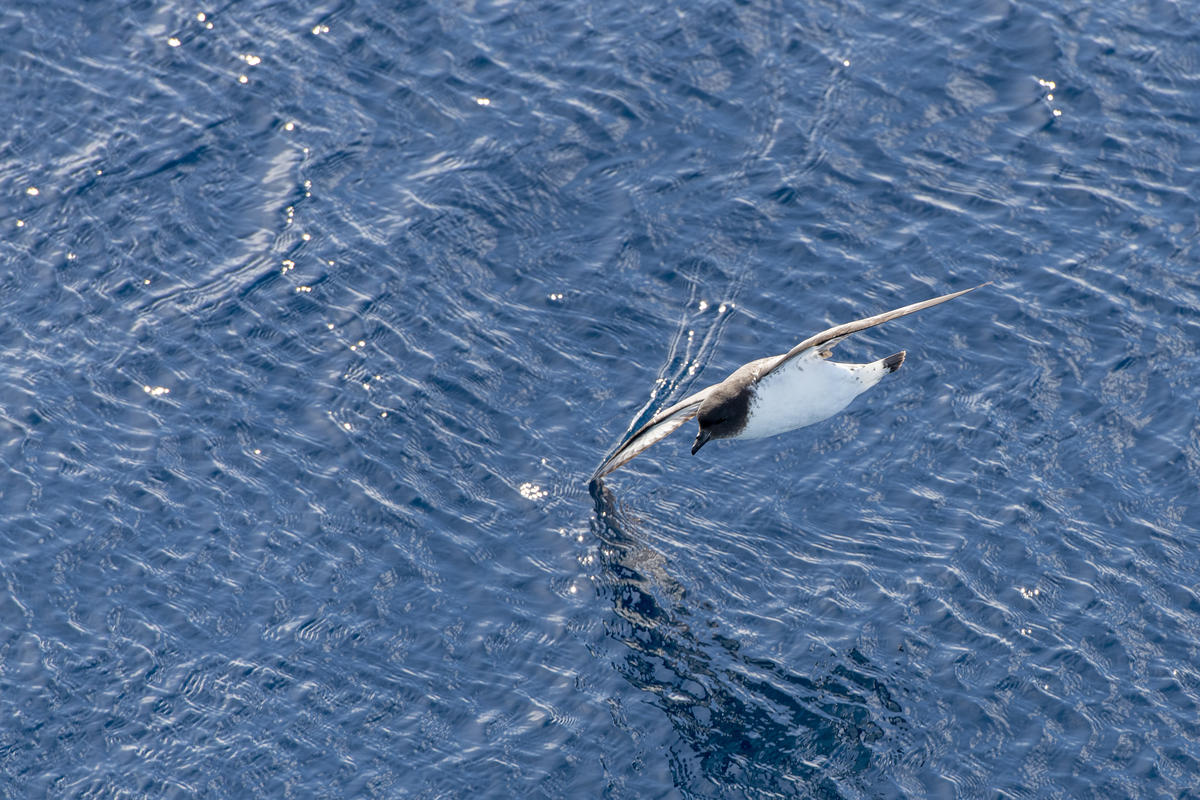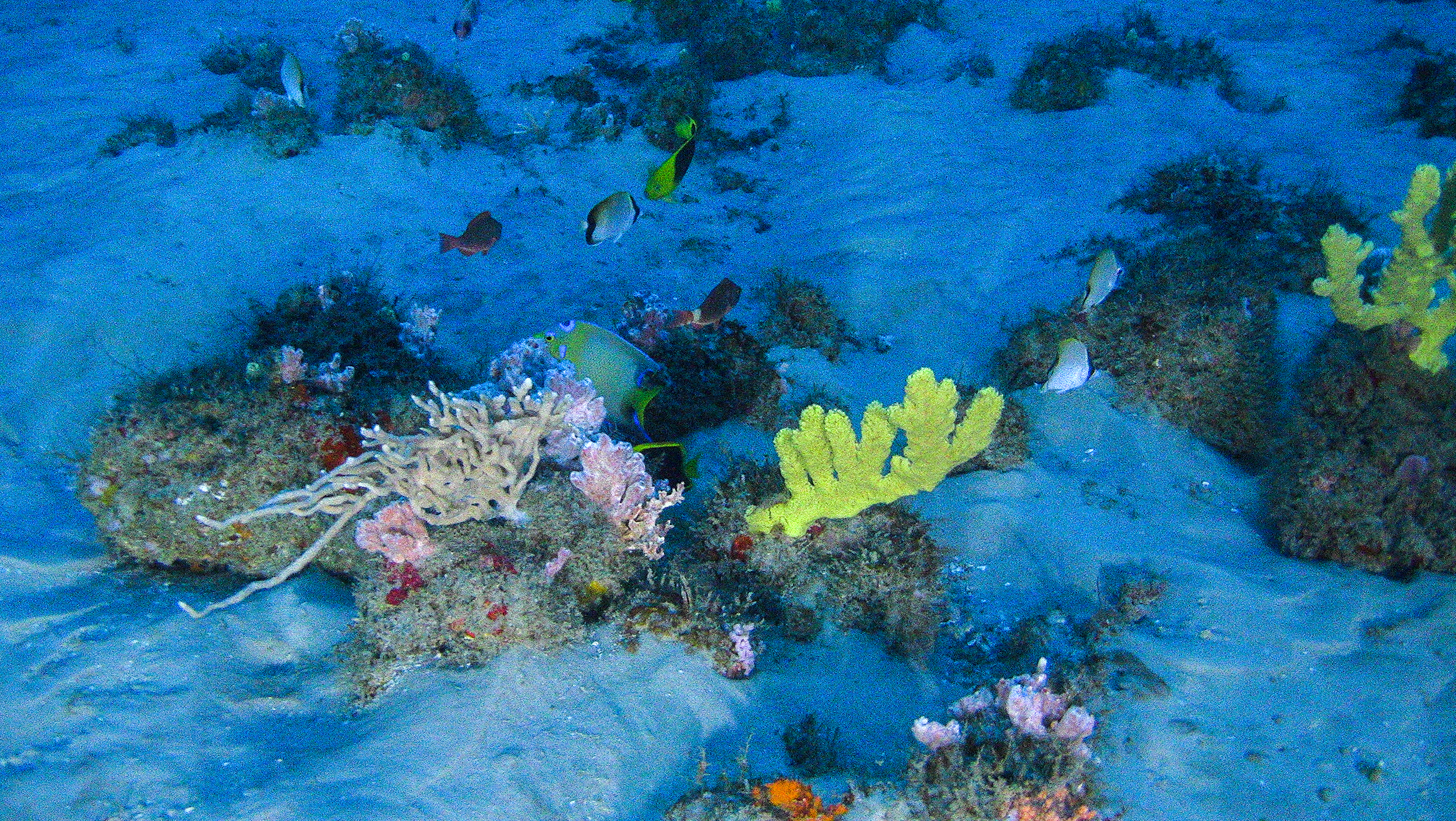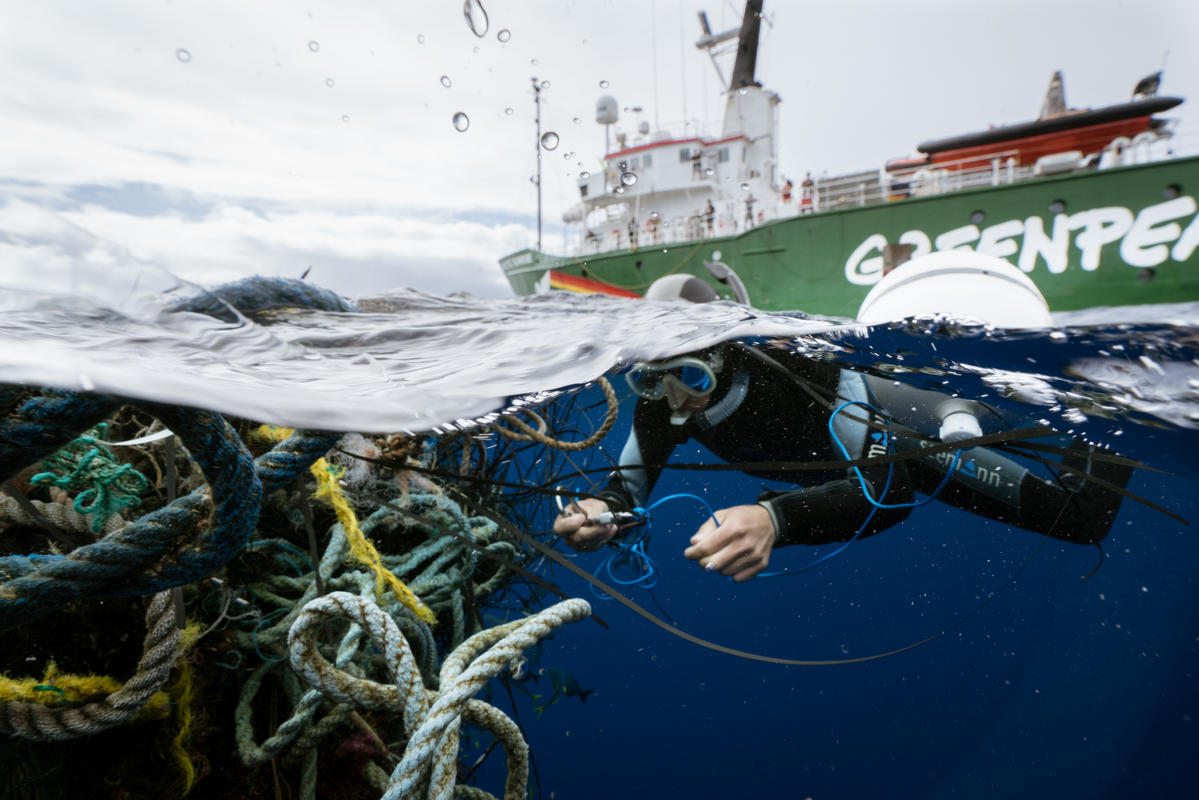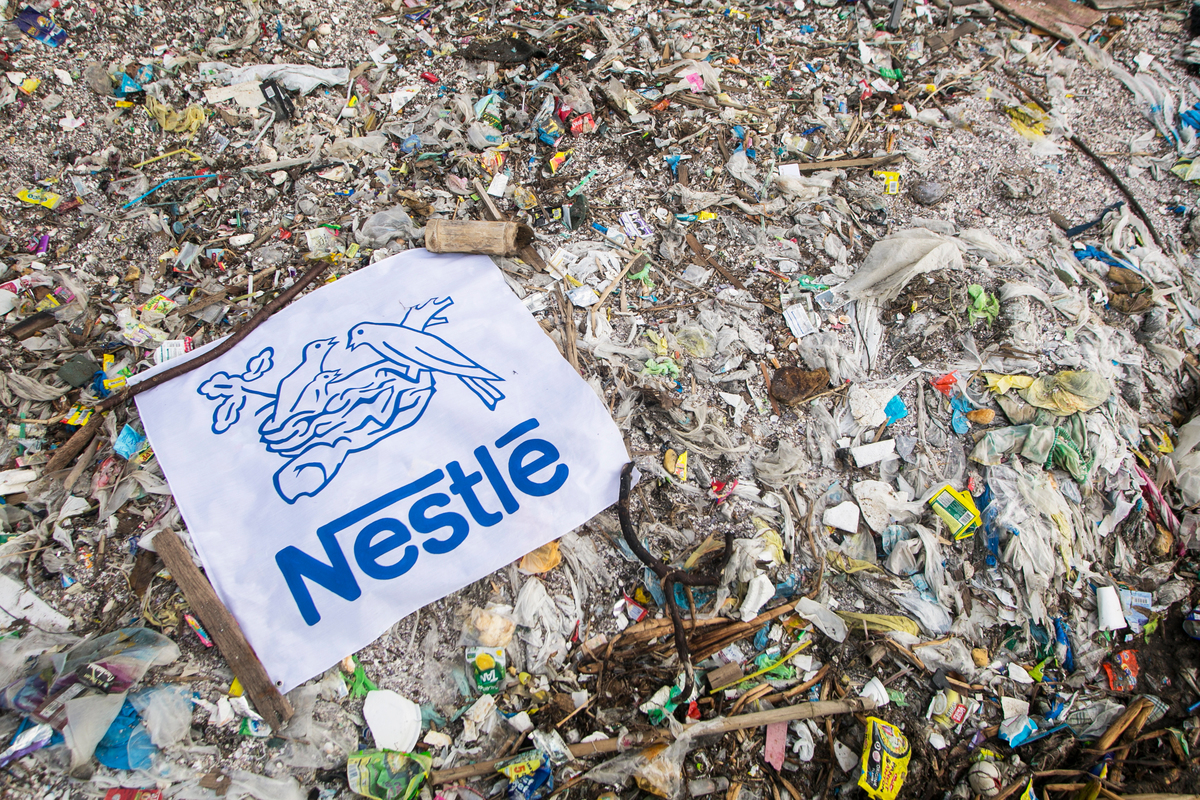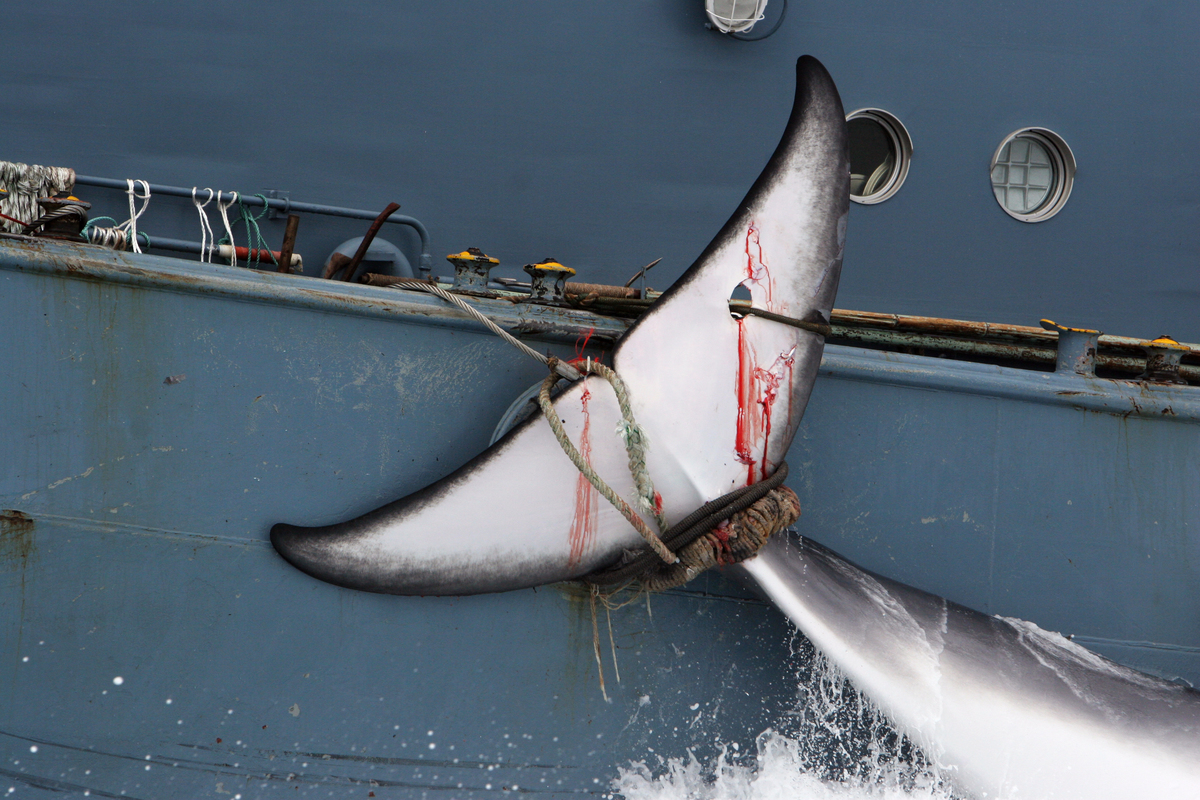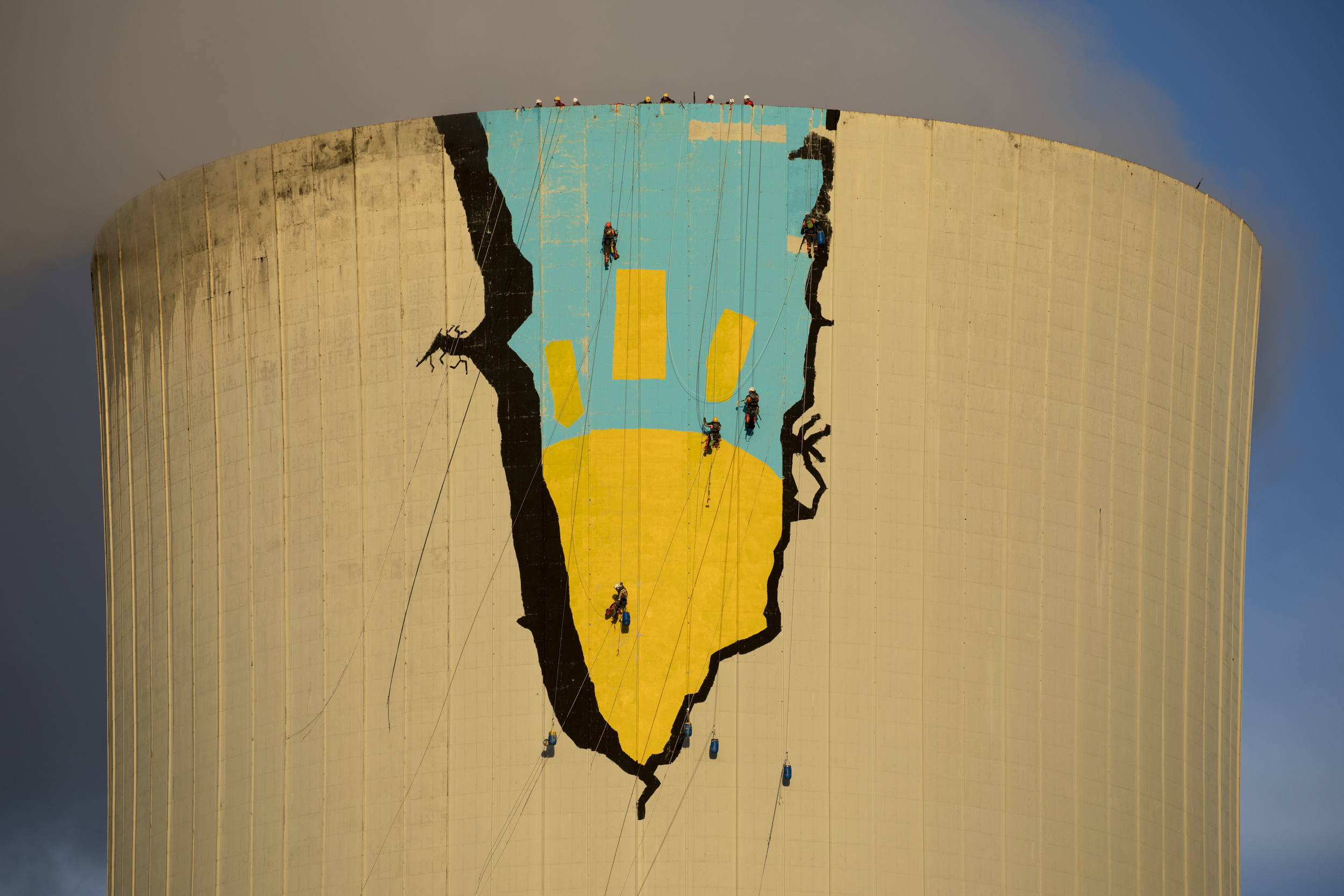-
30×30: groundbreaking scientific study maps out how to protect a third of the world’s oceans by 2030
A groundbreaking study has mapped out how to protect over a third of the world’s oceans by 2030, a target that scientists say is crucial.
-
10 women and the world through their lens
Take a look at some of this unmissable environmental photography, captured by accomplished women from around the globe.
-
Starving Seabirds
"Albatross are particularly vulnerable to longline hooks and and trawling nets."
-
Greenpeace condemns Japan government’s “sneaky” withdrawal from International Whaling Commission
“It’s clear that the government is trying to sneak in this announcement at the end of year, away from the spotlight of international media, but the world sees this for what it is."
-
Greenpeace condemns Japan government’s reported withdrawal from IWC
“This is a grave mistake which is out of step with the rest of the world. Greenpeace urges the government of Japan to reconsider its decision."

